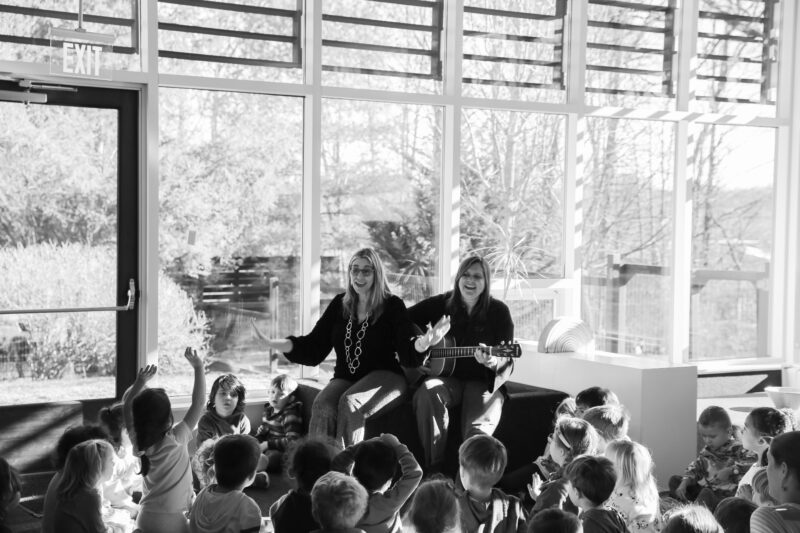The world lost a musical luminary this week with the passing of Ella Jenkins, the pioneering songwriter and educator affectionately known as the “First Lady of Children’s Music.” Jenkins, who spent a remarkable century enriching lives through music, passed away in Chicago at the age of 100. With her warm and inviting personality, an astonishingly broad repertoire, and a profound understanding of children’s developing minds, she transformed music into a bridge for learning, sharing, and connecting across cultures and generations.
Born in 1924 in St. Louis, Jenkins grew up on Chicago’s South Side, in a neighborhood alive with music. Her early experiences as a camp counselor, where she discovered the power of traditional campfire songs, ignited her passion for using music to build community and inspire children. After earning a degree in sociology and child psychology from San Francisco State University, she returned to Chicago, where she worked with teens at the YMCA; taught herself the harmonica, hand drums, and ukulele; and began composing her own songs. Inspired by Cab Calloway’s call-and-response technique in “Minnie the Moocher,” Jenkins embraced the idea that children learn best by imitation and active participation, often weaving this method into her teaching and performances. Friends teasingly nicknamed her “A-minor Ella” for her fondness for songs in minor keys.
Jenkins’ natural charisma and talent quickly brought her into the public eye. She became one of the first Black TV hosts in the U.S. with her Chicago public television show This Is Rhythm, where she introduced children to African and Latin rhythms. In 1957, she signed with Folkways Records, creating albums that combined traditional American folk songs, nursery rhymes, and world music. But her artistry reached far beyond children’s music. She composed for Alvin Ailey’s iconic dance work Revelations, performed at Martin Luther King Jr.’s Illinois Rally for Civil Rights in 1964, and was a beloved presence in Chicago’s vibrant folk scene.
During the 1960s, armed with little more than her ukulele and an infectious spirit, Jenkins toured the U.S., often visiting segregated communities. Through music, she created safe spaces where children could explore themes of equality, unity, and acceptance. Her performances were profound acts of education and inclusion, featuring spirituals, freedom songs, and global folk traditions that bridged divides and encouraged mutual understanding.
Jenkins’ music truly transcended borders. She traveled the world, sharing her knowledge of American folk songs while gathering new melodies and stories from the cultures she encountered. Over her 79-year career, Jenkins released 39 albums she described as “traveling social studies,” teaching geography, history, and self-esteem through song. Her timeless appearances on Barney and Friends, Sesame Street, and Mister Rogers’ Neighborhood brought her uplifting message to millions of children and families, fostering curiosity and kindness.
Ella Jenkins taught us that a song could be the quickest and most beautiful way to connect. She leaves behind an indelible legacy of compassion, creativity, and community. Her life’s work—a call for kindness, curiosity, and the joy of sharing—will continue to echo in every shared melody and every moment of unity her music inspires.
So, let us honor her as she taught us best: sing proudly, sing together, and listen deeply. Ella Jenkins may have left this world, but her voice will forever guide us—if only we take the time to listen.
Maureen
